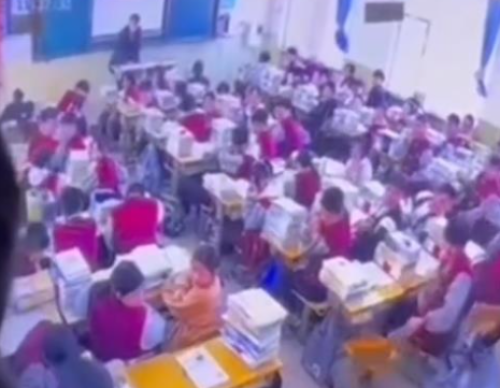Navigating Labor Arbitration Proceedings in China
Introduction
Labor disputes are an unfortunate reality in any workplace. In China, employees who believe their rights have been violated by their employers can seek redress through the labor arbitration system. This article provides a comprehensive guide on how to navigate the labor arbitration process in China, including legal considerations and practical steps.
.jpg)
Legal Framework
The primary legal basis for labor arbitration in China is the Labor Dispute Mediation and Arbitration Law (LDMAL). This law sets out the procedures and principles for resolving labor disputes through arbitration. It establishes that arbitration is mandatory for all labor disputes that cannot be resolved through negotiation or mediation.
Initiating Arbitration
To initiate arbitration, an employee must file an application with the labor arbitration committee in the district where the workplace is located. The application must include the following information:
Name and contact information of the employee Name and contact information of the employer Summary of the dispute Specific requests for relief
The application must be filed within 60 days from the date the employee became aware of the alleged violation.
Arbitration Procedure
Once the application is received, the arbitration committee will schedule a hearing. Both parties will have the opportunity to present their case, including submitting evidence and calling witnesses. The committee will conduct an investigation and attempt to mediate a resolution between the parties.
If mediation is unsuccessful, the committee will issue an arbitral award. The award is final and binding on both parties. However, either party can appeal the award to the people's court within 15 days of receipt.
Legal Considerations
There are several important legal considerations to keep in mind during arbitration proceedings:
Burden of Proof: The employee has the burden of proving that the employer violated their rights. Evidence: Both parties should submit all relevant evidence to support their claims. This may include contracts, emails, and witness statements. Representation: Employees have the right to be represented by a lawyer or labor union official during arbitration. Timelines: There are strict timelines for filing an application and appealing an arbitral award.
Practical Steps
In addition to legal considerations, there are also some practical steps that employees can take to prepare for and participate in arbitration proceedings:
Document the Dispute: Keep records of any communication with the employer, including emails and text messages. Gather Evidence: Collect any documents or materials that support your claims. Prepare Witnesses: Identify any witnesses who can corroborate your version of events. Practice Your Case: Rehearse your presentation and prepare for cross-examination. Dress Professionally: First impressions matter. Dress appropriately for the hearing.
Conclusion
Labor arbitration is an effective mechanism for resolving employment disputes in China. By understanding the legal framework, following the proper procedures, and taking the necessary practical steps, employees can protect their rights and seek fair resolution of their grievances.


.jpg)